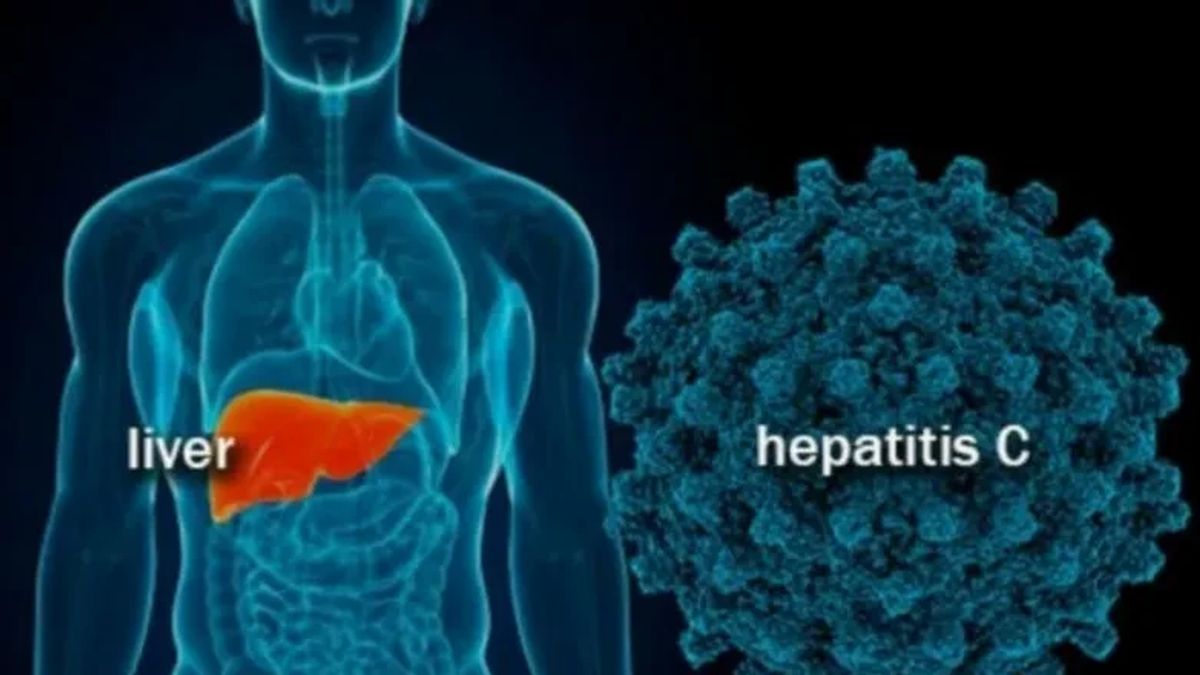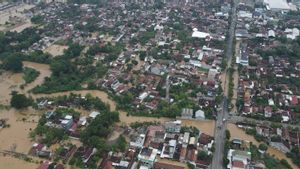JAKARTA - The Ministry of Health (Kemenkes) said the World Health Organization (WHO) assessed that the global risk of mysterious acute hepatitis in children still had to be monitored because it was moderate.
“Until now, WHO has stated that the state of alertness for this mysterious acute hepatitis is moderate. Until now, the cause is unknown," said Secretary of the Directorate General of Health at the Ministry of Health, Siti Nadia Tarmizi, quoted by Antara, Friday, July 1.
Nadia said that until today, the main cause of mysterious acute hepatitis has not been found. The whole world continues to carry out various studies because the proportion of patients is increasing at the same time to prevent the occurrence of severe symptoms.
In addition to paying attention to clinical symptoms and the development of case management, WHO assesses that the information possessed by the global community as well as those conveyed to the public is still limited. Limited information occurs in terms of epidemiological, laboratory, histopathological and even clinical data.
Data limitations are due to the fact that not all countries that have reported cases have strong surveillance or tracking capabilities to confirm whether or not a patient is positive for hepatitis A and E types, before conducting further investigations for mysterious acute hepatitis.
"Not all countries can, if we look at 33 countries, maybe the number of cases will be greater than that number, then the source and model of how the transmission occurred cannot be determined," said the woman who also serves as a spokesperson for COVID-19 vaccination. the Ministry of Health.
Nadia added that there was indeed a suspicion that mysterious acute hepatitis in children was caused by the presence of Adenovirus. However, so far, it is suspected that transmission may occur through the air or food.
Meanwhile, human-to-human transmission has yet to be confirmed. So that WHO together with world researchers are still looking for other factors that cause the initial transmission to occur.
"Therefore, prevention for children in particular, we still encourage to use masks and wash hands," he said.
Then infection from human to human cannot then be said directly that this is purely human to human but still looking for other factors
"It is a concern for us why the WHO until now still categorizes it as a disease of concern or remains a concern," he said.
Based on data from the Ministry of Health as of June 23, 2022 until 16.00 WIB, Indonesia itself has reported as many as 70 suspected cases of mysterious acute hepatitis from 21 provinces spread across Indonesia.
A total of 16 cases were declared probable, 14 pending and 40 discarded. Where the profile of the 16 probable cases was dominated by boys and most were found in the age range of 0-5 years.
Meanwhile, the status of the patients is that seven have recovered and been discharged, one is still being treated and two are outpatient. While the other six were declared dead because they were early cases that were detected late or received late treatment.
Nadia added that to date, no mysterious acute hepatitis patient has been found who needs a liver transplant. Thus, he invites all parties to continue to be vigilant and take more strict care of their children, especially children under the age of five.
“Cases over the age of 11 are lower. So what we really have to look after is the children in PAUD schools. In fact, the elementary school cases are quite large, but not as big as those under five years old, those above 11 years of age are relatively less likely," said Nadia.*
The English, Chinese, Japanese, Arabic, and French versions are automatically generated by the AI. So there may still be inaccuracies in translating, please always see Indonesian as our main language. (system supported by DigitalSiber.id)













